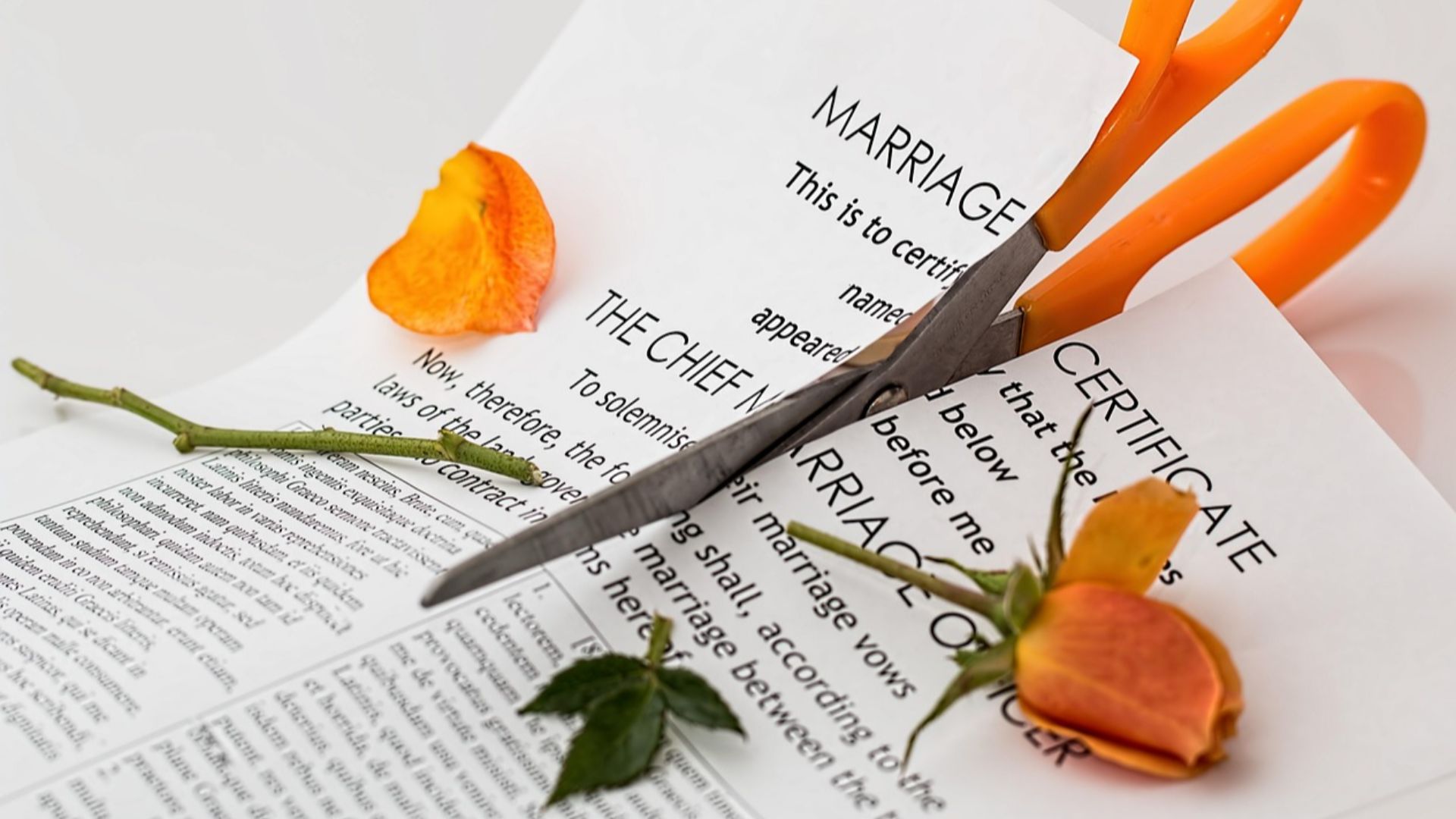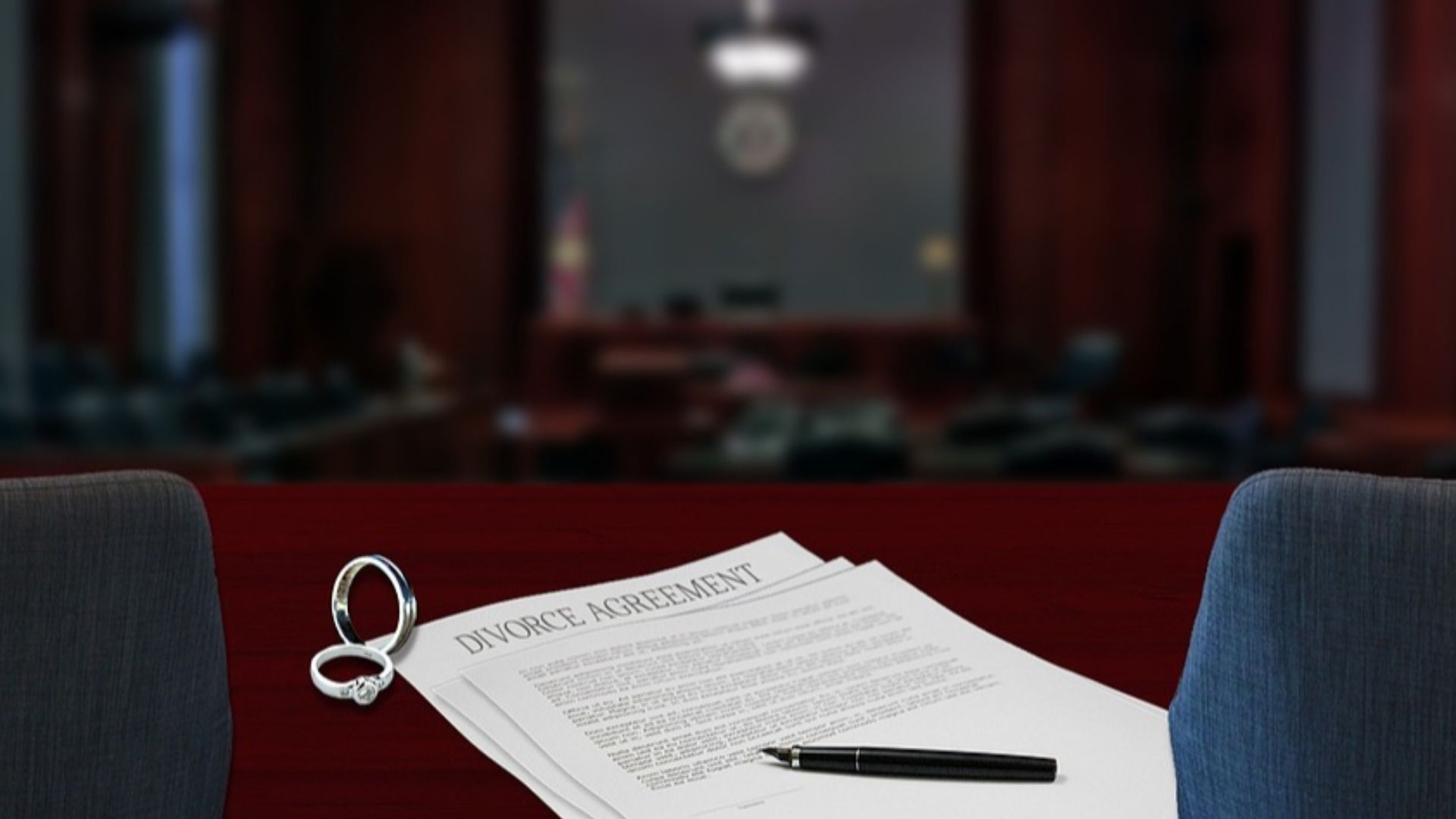The Dilemma
You assumed your ex-wife would cover her share of your joint credit card debt after the divorce was finished. Instead, creditors are pursuing you for full repayment. The problem is, divorce decrees don’t override your contractual obligations with lenders. Now you must act quickly to protect your finances and credit.
Why Are Creditors Suing You?
When you opened a joint credit account, you and your ex became legally liable. If one of you defaults, the lender can pursue the other to recoup the entire balance. Creditors don’t have time to worry about divorce agreements; they only enforce the contract you both signed.
Review Your Divorce Decree
Take a close look at the language of your divorce decree. Courts often assign responsibility for debts, but this is between you and your ex, not the lender. While the decree may give you legal recourse against your ex, this doesn’t stop creditors from holding you liable for the debt.
Collect Payment Records
Gather all your records showing the account balance, payments made, and pinpoint the date when your ex stopped paying. This documentation will support your defense if you’re forced to return to court. It also shows creditors that you’ve tried to act responsibly while your ex defaulted.
 Photo By: Kaboompics.com, Pexels
Photo By: Kaboompics.com, Pexels
Contact The Creditor Immediately
Reach out to the creditor before the lawsuit escalates. Explain your divorce situation and furnish them with your payment history. This won’t remove your liability, but creditors may work out a payment plan or temporary relief that prevents further legal action against you.
Respond To The Lawsuit
Never ignore a lawsuit; failing to respond can result in a default judgment against you, adding even more court costs and fees. File your response before the required deadline and talk to an attorney if necessary. The quicker you act, the better you’ll be able to uphold your legal rights.
Consider Legal Representation
Debt collection lawsuits are a sobering prospect. You should strongly consider hiring a consumer law attorney to help you defend yourself, negotiate settlements, or pursue a claim against your ex. You may spend some money up front, but it could save you thousands of dollars in judgments and interest later.
File A Motion To Enforce The Divorce Decree
If your divorce decree stipulated that your ex has to pay her share, you can file a motion to enforce it. This asks the court to force your ex to reimburse you for payments you’ve made on her behalf. It doesn’t stop creditors from hounding you, but at least it can bring some accountability.
Explore Indemnification Options
Some divorce decrees carry indemnification clauses that require one spouse to hold the other harmless for debts. If your decree contains a clause like this, your ex may owe you reimbursement for creditor claims. Courts can enforce indemnification with wage garnishment or property liens.
Negotiate A Settlement With Your Creditors
Creditors might be open to settlements that reduce the overall balance. If you can work out a lump-sum payment or extended repayment plan, you could limit the financial damage. Settlements also help you avoid lawsuits or wage garnishment.
Check Your Credit Report Regularly
Joint debts that go unpaid will soon impact your credit score, divorce or no divorce. Track your credit reports for inaccuracies. If negative items start to show up because of your ex’s missed payments, you might need to dispute them after settling the debt.
Protect Yourself From Garnishment
If the creditor wins the lawsuit, they may garnish your wages or bank accounts. It’s critical that you know the garnishment laws in your state. Some income, like Social Security, may be protected. Here again an attorney can help you minimize the damage of garnishment orders.
Bankruptcy As A Last Resort
If the debt is all-consuming and there’s no possible way to pay it back, bankruptcy may provide relief. Filing under Chapter 7 or Chapter 13 can stop lawsuits and discharge or restructure debts. Bankruptcy is a serious setback, but it prevents creditors from pursuing you further. This option should only be used after you’ve exhausted all other options.
Communicate With Your Ex
It may be difficult, but it could be useful to communicate with your ex about repayment. Sometimes ex-spouses contribute once they became fully aware of the legal consequences that follow. Mediation could also be an option if communications break down into hostility or useless arguing.
Consider Wage Garnishment Against Your Ex
If your ex still refuses to pay, and the court orders her responsible, you can pursue wage garnishment against her. This means the funds are withdrawn directly from her income, easing your burden. Courts can also help you set up these orders.
Learn From The Experience
Going forward, never open any joint credit with someone you aren’t financially aligned with. Divorce doesn’t do away with joint obligations. Use the situation as a valuable lesson in the importance of separating financial accounts quickly in any future relationship transitions.
Seek Financial Counseling
Sorting out debt after a divorce can suck the life out of you emotionally. Financial counselors can help you figure out a repayment strategy and get your budget back onto a firm foundation. Counseling can also help you in avoiding reliance on new debt during such a stressful period as this.
Avoid Taking On New Debt During The Lawsuit
Don’t take on additional credit card debt while you’re under financial strain. It might be tempting to rely on new credit, but this only exacerbates the issue. Focus on pursuing the lawsuit to a successful conclusion and stabilizing your current obligations before racking up a bunch more credit card debt.
 Photo By: Kaboompics.com, Pexels
Photo By: Kaboompics.com, Pexels
Preserve Your Future Finances
Settling this debt won’t be easy, but protecting your financial future is not only possible, but non-negotiable. Stay proactive, be aware of and enforce your legal rights, and work with professionals if needed. Every positive step you take controls the damage and helps rebuild stability.
Move Forward With Confidence
Debt disputes after divorce are frustrating, but you still have lots of options at your disposal. By dealing with creditors head on, holding your ex accountable, and protecting your existing credit, you can bounce back from this setback sooner than you think. Maintain your focus on long-term stability and move forward with greater financial resilience.
You May Also Like:
The 14 Most Expensive Mistakes You Can Make If You're Getting A Divorce

























